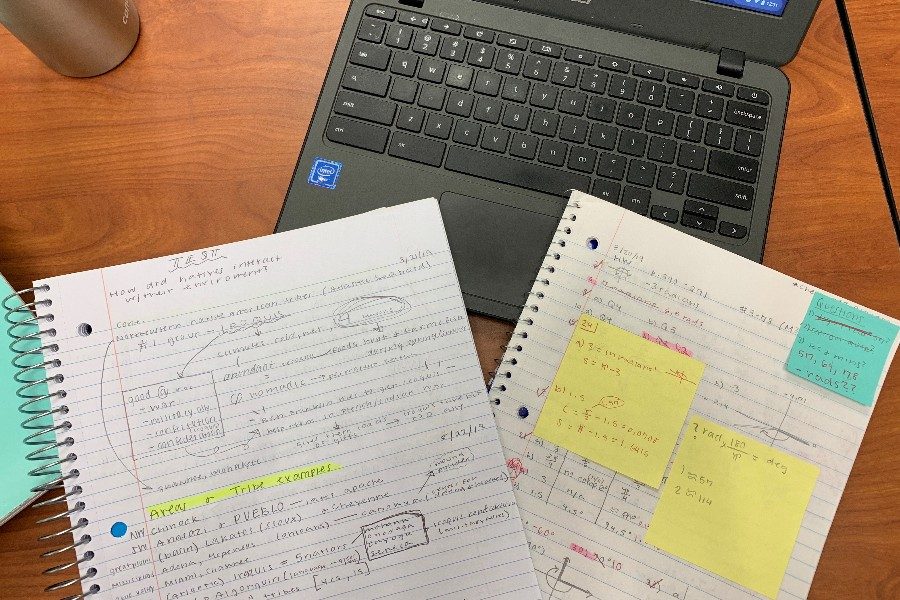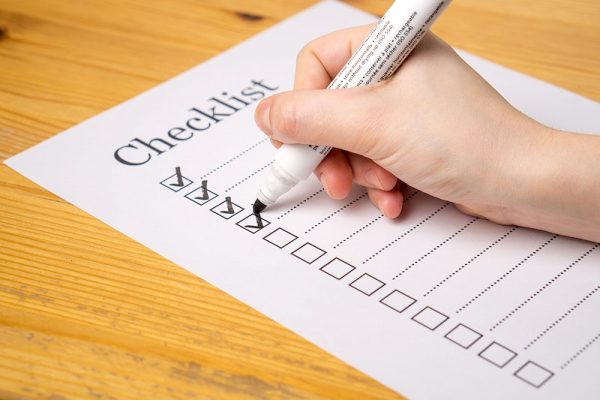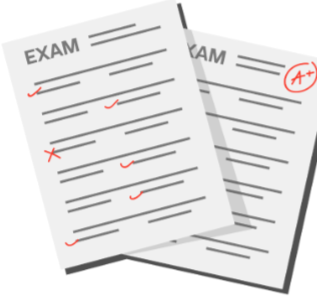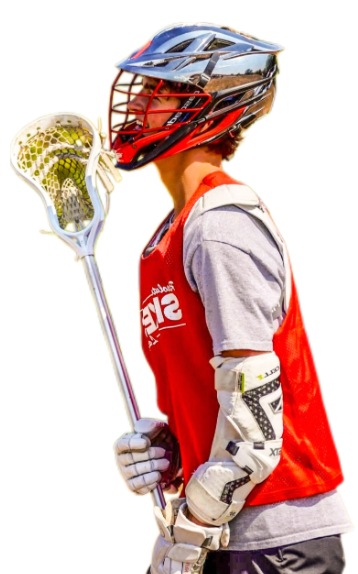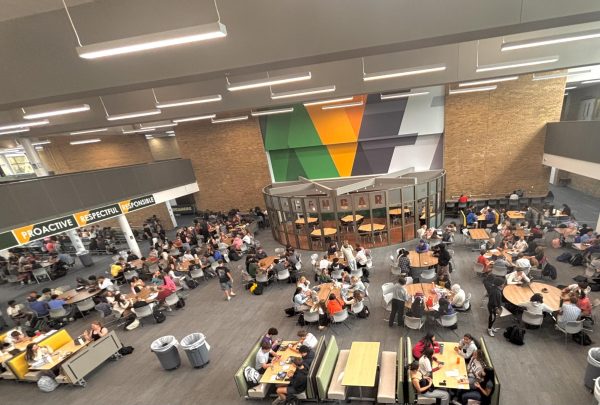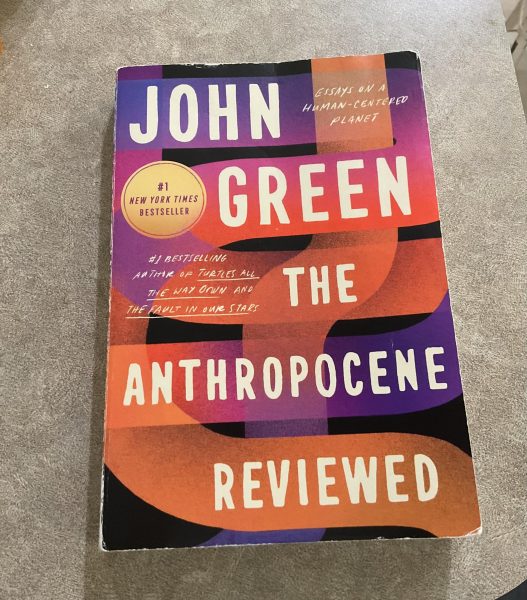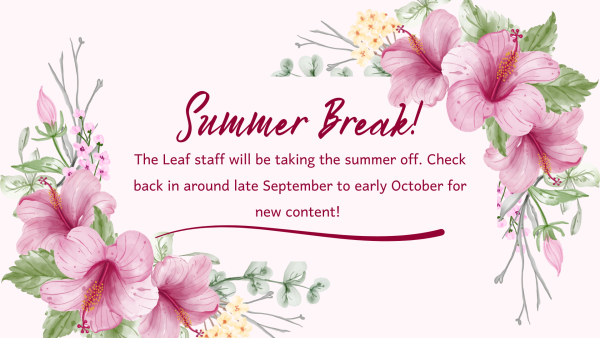11 ways to study smarter
Tips a straight-A student wish she knew earlier
STUDY. Pictured above shows tips three, five and seven in action. While having a notetaking system has proved to be beneficial, interacting with them will solidify your understanding of the material. Additionally, you have a better chance of improving grades and efficiency by staying organized and choosing to utilize study habits that work best for you.
#1. One-on-one meetings with your teacher.
Yes, it sounds daunting, but I can not stress enough how much this strategy helped me study for tests and solidify my understandings of concepts. Often times, teachers recognized my extra effort by subtly directing my attention towards topics and concepts that were going to be tested on, thus making my studying much more efficient.
#2. Teach it to know it.
Trust me, if there’s anything I regret not doing earlier, this tip would be it. You see, every time I “taught” the material to a friend or relative, I learned to understand and process concepts as a whole, rather than simply memorizing them. This proved to be extremely helpful for AP classes, where tests are focused on connecting and comparing large scale concepts.
#3. Have a note-taking system.
Consistency is key: the work will pay off in the long run for you will have less crash studying to do before tests and you will have already created a study guide along the way.
#4. When making a study guide, make it like you’re going to give it to somebody.
Ask yourself, what would person “x” need to know? Why do they need to know this? What’s the best way to communicate this information?
#5. Use post-it notes.
My favorite way to utilize them is when I am checking homework because I always want to add something but I never have enough room. Then, if I use a red pen, it just becomes one jumbled, unreadable mess of letters and numbers. Luckily, with post-it notes, I can easily redo a problem or write the correct answer to put over the question. That way, it is much easier to read and understand.
#6. If a teacher says it’s on the test..it’s on the test.
Period.
#7. Find your prime “study zone.”
This is the place where you do your best work, whether it be in an open windowed coffee shop or a dark silent corner of the library. The sooner you find out where you can be at your peak productivity, you will be more efficient in your studying endeavors.
#8. Find your prime “study time.”
If you are most productive in the morning, then try to get all your major assignments done then. Likewise, if your best work is done at night, don’t force yourself to cram it all in the morning. Once I identified that my prime study time was the morning, I found that I was getting work done faster and I felt less drained afterward, since I no longer tried to work during my “rest time.”
#9. Stay Organized.
This may be the millionth time you are hearing this but I promise you it will help so much in high school. It doesn’t have to be fancy, just find and do whatever works best for you. It is especially helpful to have all your work and must to-dos centralized in one place…and it decreases your chances of forgetting to do an assignment.
#10. Prioritize…and work ahead when possible!
I can not even count how many times working ahead has saved me on those days when I am too tired after practice or I’m unable to get into my “productive mode.” And if you are a fellow student-athlete, this tip comes in handy when games run late or when you want to go out with the team rather than missing out, all because you still have four chapters of notes.
#11. Checklists.
My best friend. Besides, who doesn’t love the satisfaction of crossing out an item on your checklist? If you prefer to keep it digital, I would recommend Listmoz- it’s super basic and no-frills.
Your donation will support the student journalists of Sycamore High School. Your contribution will allow us to purchase equipment and cover our annual website hosting costs.


